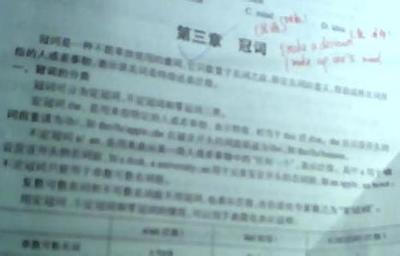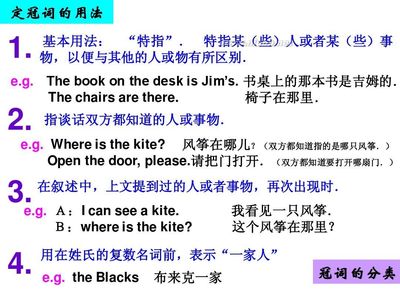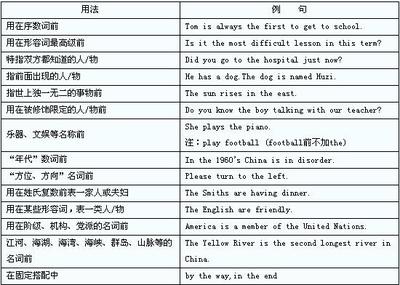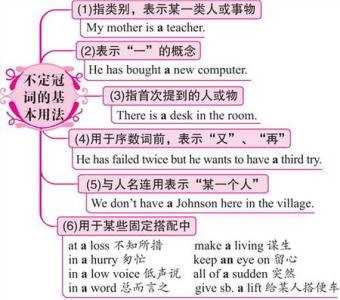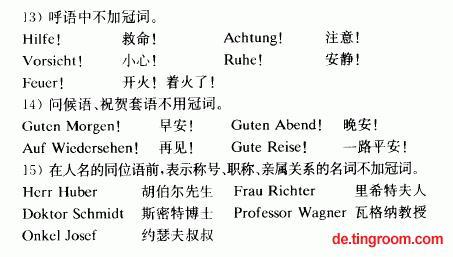Elizabeth Blackwell, the first woman medical doctor in the United States , founded the New York Infirmary, an institution that has always had a completely female medical staff.
Elizabeth Blackwell,美国第一个女医生,创建了员工一直为女性纽约诊所。
【解析】
1.found
1)v. 建立,创立,创办
This business company was founded in 1724.
这家商业公司建立于1724年。
2)动词find的过去式和过去分词
She found it difficult to establish a new routine after retirement.
她发觉退休后很难建立起新的生活规律。
3)build, construct, found, erect, establish, set up辨析
build: 普通用词,含义广泛,可指一切具体或抽象的建造或建立。
construct: 较正式用词,强调根据一定计划进行的规模较大,结构较复杂,要求较高技术的建造。
found: 侧重打下基础或创办,具体或抽象事物均可用。
erect: 侧重指对高而垂直物的建造。使用不如build广泛。
establish: 着重稳固地建成,可具体指国家、政府、学校或商店等的建立,也可指信仰、信用、名誉、法律、制度、规则等的建立。
set up: 作“建立”用时,侧重于“开始”。可指具体或抽象的建立。
2.institution n. 制定,制度,机构,名流
①Marriage is an institution in most societies.
婚姻是大多数社会早已确立的制度。
②An orphanage is a public institution for the care and protection of children without parents.
孤儿院一个为失去父母的孩子们提供关心和保护的公共机构
3.completely adv. 完全地,十分地,全然
①I understand completely.
我完全明白。
②Could you lend me 10? I'm completely broke!
你能借给我10英镑吗? 我一个钱也没有!
4.staff
1)n. 全体人员,全体职员,拐杖,杆,棒,五线谱
I have arranged that one of my staff will meet you at the airport.
我已经安排好派一个职员到飞机场接你。
2)vt. 配备员工
They are staffed by volunteers
它们的工作人员都是志愿者
【句子】
Alexander Graham Bell once told his family that hewould rather be remembered as a teacher of the deaf than as the inventor of the telephone.
Alexander Graham Bell曾告诉家人,他更愿意让后人记住他是聋子的老师,而非电话的发明者。
【解析】
1.once
1)once用作连词时,意为“一旦……就……”,用于连接时间状语从句,相当于as soon as
Once you begin to read it, you will like it.
一旦你开始读,你就会喜欢它。
2)once用作副词时,意为“曾经;一度;从前”。它是一个不确定的时间副词,其位置一般是在行为动词之前,系动词之后。
Once he lived in America, but now he lives in England.
他曾经生活在美国,但现在他生活在英国。
3)once用作副词时作“一次”、“一遍”、“一倍”
We go to the plant once a day.
我们一天去工厂一次。
【注意】
注意once用作副词时,在句中的位置不同表示的意思也不同,所以要特别注意。如:
I once went to Shanghai. 我曾经去过上海。
I went to Shanghai once. 我去过上海一次。
4)once常用短语
at once(立刻;马上) once again(再一次;又一次)
once in a while(偶尔;间或) all at once(突然)
once upon a time(很早以前;从前)
2.would rather的用法
1)如果在两者中进行取舍,表示“宁愿……而不愿……,与其……宁可……”的意思时,则可用would rather…than…或would…rather than…的句型
I would rather watch TV at home than go to the cinema.
我宁可在家看电视而不愿去看电影。
【注意】
2)would rather…than…/would…rather than…也可以颠倒为:rather than…would…。Would(rather)和than后都接不带to的动词不定式,若选用的动词相同,那么than 后的动词可以省略。
I would rather have noodles than rice.
我宁愿吃面条也不吃米饭。
3)使用would rather…than…句型时要注意“平行结构”,即在than 的前后要用两个同类的词或词组,如两个名词、两个不定式、两个介词短语等。
I would rather go to work by bike than by bus.
我宁愿骑自行车也不愿乘公共汽车去上班。
【句子】
Because its leaves remain green long after being picked, rosemary became associated with the idea of remembrance.
采摘下的迷迭香树叶常绿不衰,因此人们把迷迭香树与怀念联系在一起。
【解析】
1.remain
1)vi.剩下/残存:remain (+ 介宾/副词),此时不能用进行时态,也没有被动语态
After the fire, very little remained of his house.
火灾过后,他的家所剩无几。
2)vi.逗留/停留:remain (+ 介宾/副词)
Only a few students remained in the classroom just now.
现在只有几个学生还在教室。
3) vi.依旧/仍然: remain + 形容词/名词
It remained a secret.
这仍然是个秘密。
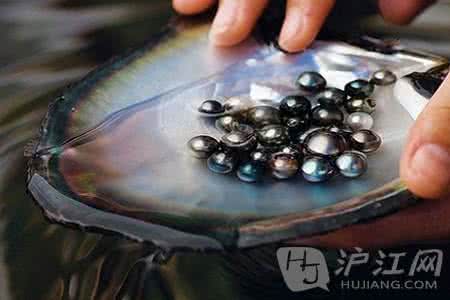
4) vi.留待/尚待:此时它有两个固定句型如下:
固定句型一:sth/sb remain to be + 过去分词
固定句型二:It remain to be seen + whether引导的主语从句
Many problems remain to be solved.
有好多问题尚待解决。
It remains to be seen whether you are right.
你是否正确,以后见分晓。
5)remaining除了是remain的现在分词/动名词形式外,还可以单独做形容词,意思是“剩下的”
I bought a gift for her with the remaining money.
我用剩余的钱给她买了一件礼物。
2.keep,remain,stay辨析
1)表示“继续呆在某处”时,应该用不及物动词remain或stay
Stay indoors for a few days until you recover from your cold.
He remained in his seat after all the other students had gone home.
2)表示“暂住、短期停留”时,只能用不及物动词stay
He is staying at Hilton Hotel.
My mother-in-law stayed with us this week when she visited us.
3)表示“残留、剩下”时,只能用不及物动词remain
Not much of the house remained after the fire.
Of the seven brothers, only four now remain; the rest are dead.
4)表示“继续保持或处于某种状态”时,应视具体情况在上述动词中进行选择
(1)表示“继续保持或处于原来的状态”时,可用remain或stay
The door stayed closed.But the police themselves prefer to stay unarmed.
(2)表示“需要设法才能保持或处于某种状态”时,应用keep
Although they have many difficulties, they keep happy.
(3)表示“使某人或某物保持某种状态”时,只能用及物动词keep
Why do you always keep your windows closed?
3.rosemary 迷迭香(灌木,叶子窄小,气味芬芳,可用于烹调)
If someone suffers from epilepsy, it wouldnt be safe to use rosemary oil, says Jan
简说:“如果某人患有癫痫,使用迷迭香油就不安全。”
5.associate
vt. 联想,联合
n. 伙伴,同事,同伴
adj. 副的,共事的,有联系的
n. 准学士学位获得者
vi. 交往
①I don't want to associate myself with them any more.
我不愿再和他们交往了。
②I got a new job and a new set of work associations.
我有了新工作和一班新同事。
4.remembrance n. 回想,记忆,纪念品
①In remembrance of the battle, we set up a museum.
为纪念那次战役,我们建立了一座博物馆。
②Something given as a token of love, affection, or remembrance.
信物,纪念品作为爱、喜爱或纪念的一种标志
 爱华网
爱华网